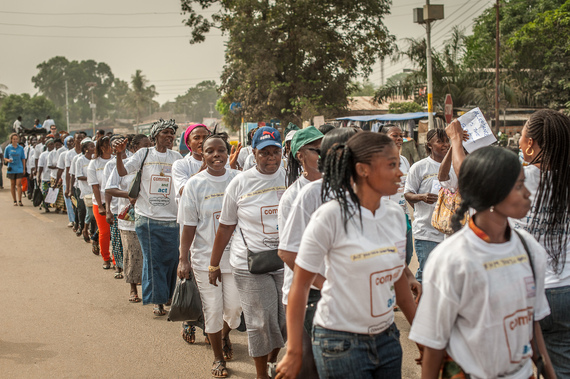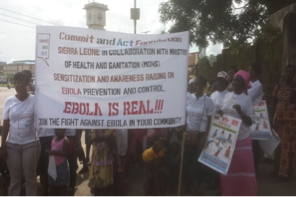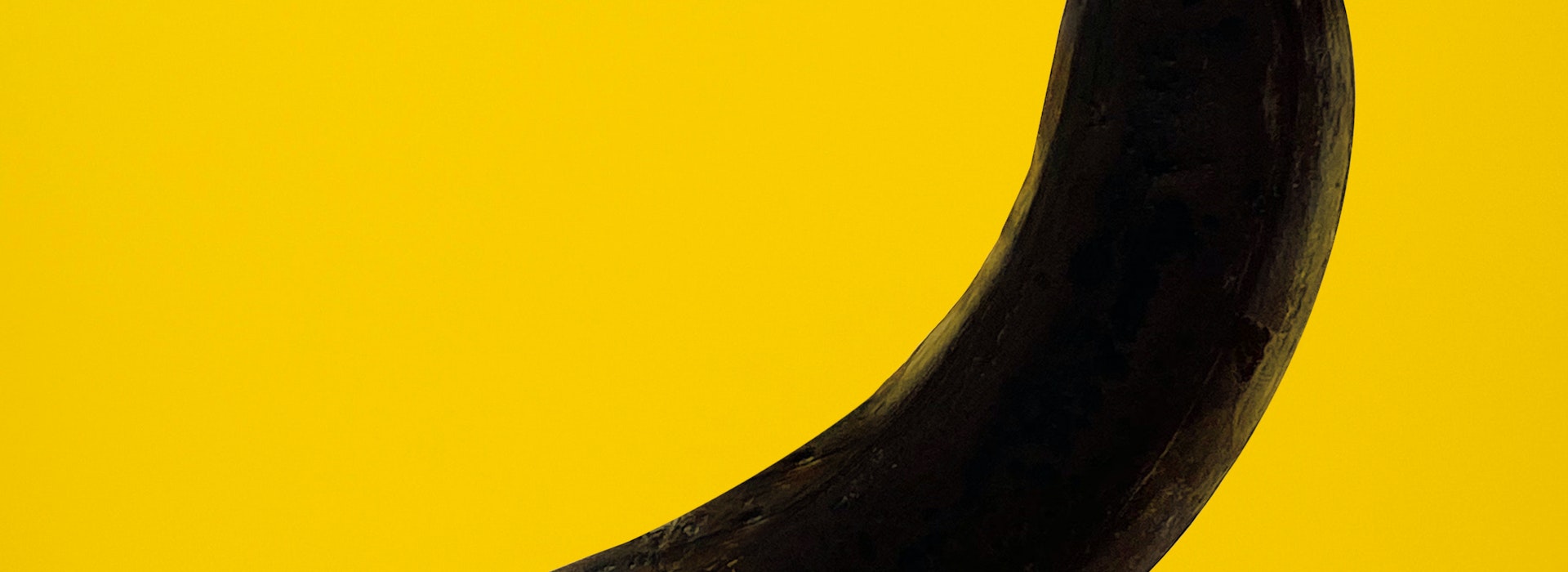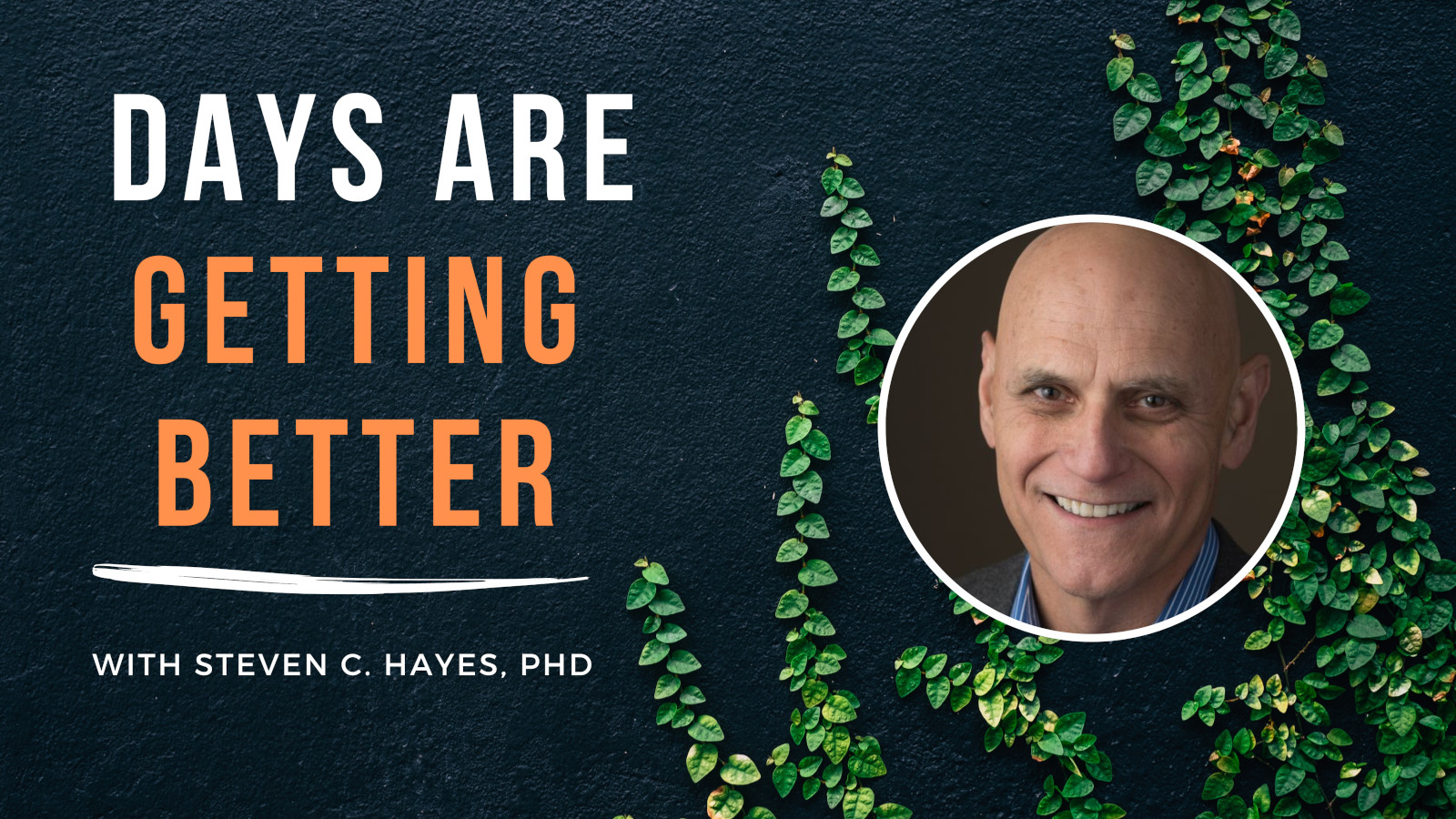Will You Commit and Act in the Fight Against Ebola?
Among the problems countries like Sierra Leone face in the battle against Ebola, two strike the American mind as all but incomprehensible: 1.) the widespread skepticism that the disease actually exists and 2.) burial practices that to our eyes are not only clear disease vectors but even a little macabre. First, let’s do some perspective taking here. Imagine you live in a small community that has deep-seated suspicions against outsiders. The concept of infectious disease is unclear or misunderstood. Many in the community believe that illness is the result of a curse, and stigmatize the sick as a result. Then people from other countries descend in what appear to be space suits, disrupt community life, and take the sick away to quarantine them. Most of these people are never heard from again. Place all of this against an historical backdrop of a decade-long civil war in which tens of thousands of children were recruited as soldiers, women were brutally raped and killed, and nearly 100,000 people were either maimed or murdered. The raw statistics demand immediate action: 2,500 deaths and about 4,700 cases have been confirmed. There may be significantly more. Key health officials and commentators like Dr. Richard Besser have called for military-style intervention, and Dr. Michael Osterholm has expressed concern the virus may become airborne. But given the historical and cultural context, it’s not so surprising that there has been resistance to outside intervention in some areas where the Ebola outbreak is worst. Perhaps those workers in space suits bring the illness with them. Perhaps this is all a plot. What is needed is action that emerges from within Sierra Leone itself. Fortunately, a brave group of ACT and PROSOCIAL pioneers are finding ways to make inroads where many other NGOs have had a hard time getting traction. They have been successful in educating people about the disease and have even helped communities develop alternative burial practices that remain congruent with their deepest values.
Commit and ACT in Sierra Leone
In 2008 a German psychologist and ACT practitioner Beate Ebert found herself in the middle of a “perfect storm” of events. She was aware of the “treatment gap” between the levels of mental health resources available to low and middle income countries (LMICs) and the actual resources available to the populations in these areas. She knew the World Health Organization (WHO) had just called for a “scaling up” of mental health services in LMICs to improve access to services, increase the range of services on offer, and ensure that they are evidence-based. And in the midst of this she met and became close friends with Sarah Culberson — a half Sierra Leonean therapist who had been adopted by an upper middle class American family. Ebert had a brainstorm. “I could go to Sierra Leone in my holiday time and do some therapy to help people there.” She realized this would also be an excellent opportunity to test the ACT model in LMICs both for the population at large and for NGOs working in Sierra Leone. To facilitate this work she founded the non-profit organization Commit and Act whose mission is “to bring psychotherapist support to traumatized people in areas of conflict.” Their goal is to help people find trust again and develop the courage to create their lives according to their own vision. To do this they train helpers on site in effective methods of psychotherapy–ACT in particular. After its founding, Commit and Act connected with and helped to train dozens of Sierra Leone counselors in ACT, including the person who is now the current local director of Commit and Act, Hannah Bockarie. Being fluent in Krio (the local language) Bockarie was a natural candidate to learn to lead ACT workshops in Sierra Leone, which she began doing in 2010 along with other counselors. Commit and Act began partnering with the University of Glasgow, which helped evaluate the workshops. Over a period of years the ACT scientific society, the Association for Contextual Behavioral Science (ACBS), raised the funds to fly Bockarie and several other Sierra Leone counselors to their annual conference to be trained. Inspired by Ebert, other internationally known ACT trainers flew into Sierra Leone to train indigenous counselors and health workers in Freetown, Bo and Makeni. A clinic was opened in Bo. Since then Commit and Act counselors have treated hundreds individually, in groups, and in workshops. The workshops alone have reached hundreds of participants. The results of these workshops (which is currently being reviewed for publication in a peer-reviewed journal) are impressive. Attendees were assessed across various parameters, and were found to have greater psychological flexibility, lower levels of cognitive entanglement, and increased life satisfaction, even among those who screened positive for PTSD (a relatively common phenomenon in a country that’s been war-torn for more than a decade). In other words, they were more mindful, less trapped by their thoughts, and happier. These preliminary results are impressive and exciting — they add another dimension to the research supporting the ACT model. But they are only the beginning of the story.
Enter Ebola
Since Commit and Act had established roots in Sierra Leone back in 2010, when the Ebola epidemic hit a few months ago, they were in a unique position to help. Bockarie was on the ground when the virus struck, and realized quite quickly that the ACT and PROSOCIAL models could be used in innovative ways to educate the population about the disease and help develop healthy behavioral alternatives that may assist in stemming its devastating tide. PROSOCIAL is a joint effort by evolutionary biologist David Sloan Wilson’s Evolution Institute, and the ACBS to combine ACT with principles from the late Nobel Prize winner, Elinor Ostrom, to foster prosocial groups. Because of the impact of the Commit and Act clinics, Bockarie was tapped by the government to use her resources to help with the epidemic. First on her agenda were educational rallies that advertised the message that Ebola was real and must be taken seriously.



Flexible Burial Rituals
In Sierra Leone (as in much of West Africa) it is customary to keep the bodies of dead relatives in the home for several days — praying over them, washing them, dressing them, even hugging and kissing them. People who don’t do these ceremonies feel terrible, they feel they have dishonored their dead relatives, and in some cases they may even be ostracized from the community. For these reasons and more it is incredibly difficult to get people to change burial customs that are so culturally important and entrenched. “Forcing” them to burn the bodies can lead to recalcitrant, even violent behavior. But changing these customs —and fast — is of the utmost importance for obvious reasons: Ebola infection is highest at death, contact with infected dead bodies has been one of the key ways the disease has become an epidemic so quickly. What’s the solution? It seems like a profound, possibly untenable catch-22, and it can be for people who aren’t psychologically flexible. However, creating psychological flexibility is precisely where ACT excels. Knowing this, Bockarie has begun taking groups of people through ACT and PROSOCIAL sessions to help them come up with alternative burial customs that are in line with their values but still allow doctors and health worker to properly dispose of bodies. A beautiful example that one group came up with was substituting the corpse with a banana trunk. The body of the infected and now deceased person is burned. Instead, relatives keep a banana trunk at home and perform all of the customary rituals on it, including kissing the banana trunk before burial. In the end, the banana trunk is buried. This is psychological flexibility and values-based living in action. Groups that have gone through this work with Bockarie have embraced these alternative practices and report feeling good that they can still act in accord with their values while doing what is needed to stop the spread of Ebola at the same time. Note Bockarie didn’t “make” people do this. She didn’t even suggest the banana trunk solution herself. On the contrary, she reached out to the community and helped them clarify their feelings and values. She asked them what would work for them, and what alternatives they could come up with that would allow them to perform cherished rituals while still making room for healthcare agencies to do their work. I am awed, inspired, and deeply moved by this work. It represents a pathway forward that could never have come from the outside. Military intervention would never have produced it. Foreign aid workers could never have dictated it. This culturally sensible pathway forward emerged only because counselors trained in ACT and PROSOCIAL were already there, on the ground, inside the Commit and Act center ready to empower people to take control over their own lives. If this touches you as much as it does me, please visit the Commit and Act website to learn more and get involved. It should be increasingly clear to us all — including every person reading this — that the worldwide community needs to commit and act if we are going to stop Ebola in its tracks. We can stem the tide of this disaster, and innovative approaches like those being developed by the Commit and Act group in Sierra Leone are not only showing unexpected results on the ground today but may prove a useful adjunct to containing similar epidemics in the future. The ACT and PROSOCIAL projects show that acceptance, mindfulness, and values can be combined with group action to make a difference, provided we act early to create the needed local resources. Indigenous people can be empowered by advances in behavioral science, not just physical or medical science, to create large-scale social change. Meeting the challenges of the modern world will require nothing less.







